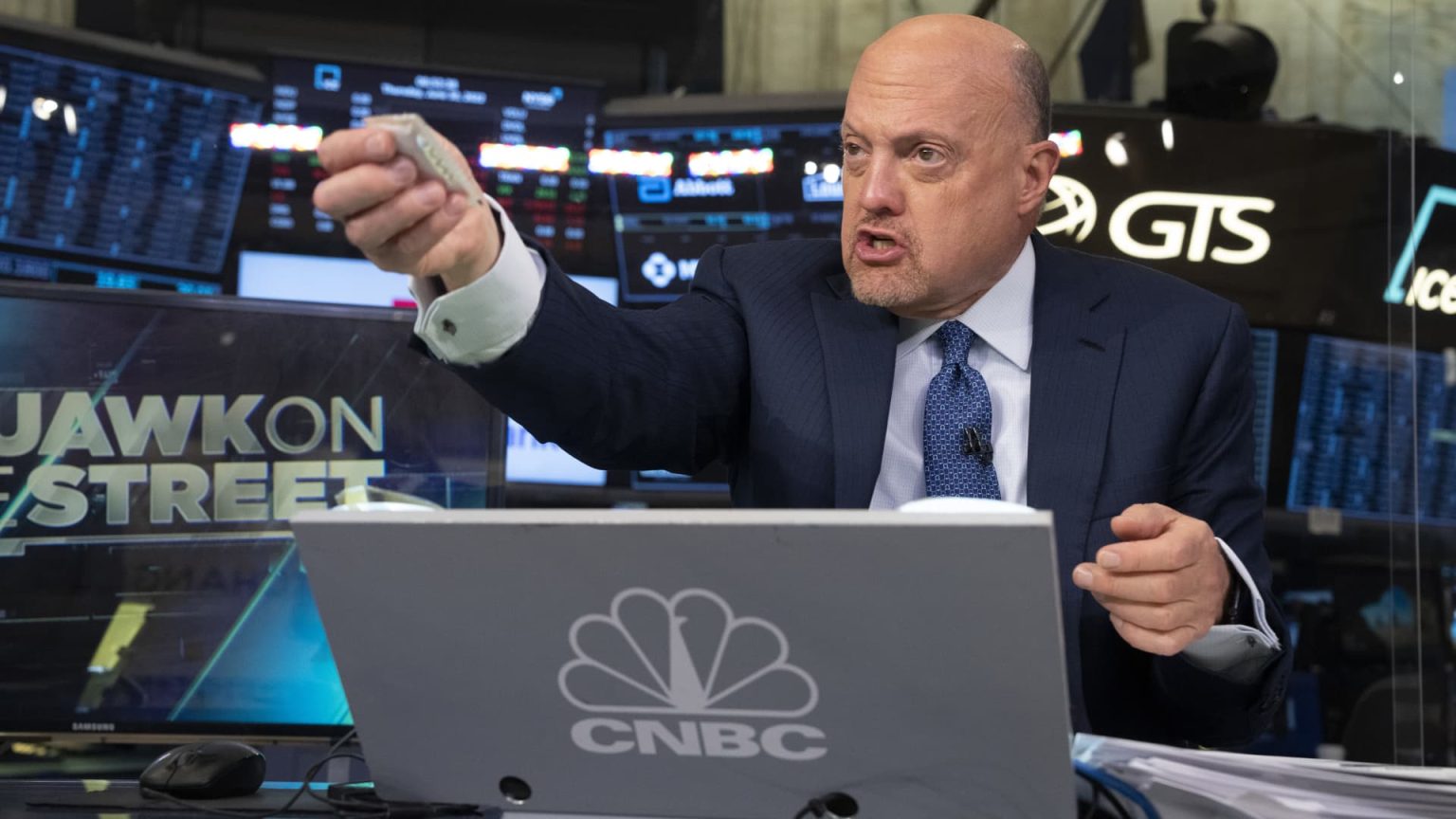The margin calls of the traders who had borrowed the yen reverberated around the world, leading to a sharp decline in global markets. The European markets led the decline, with the Magnificent Seven mega-cap stocks like Apple, Amazon, and Nvidia also experiencing significant losses. Warren Buffett’s decision to sell nearly half of his Apple position raised concerns among investors, questioning whether something significant had occurred to prompt the sale. The sudden drop in stock prices for these top holdings highlighted the lack of stability and trust in the market, as even well-established companies like Apple and Nvidia faced significant volatility.
The following weeks saw some recovery in stock prices, with Apple and Nvidia rebounding from their lows. As the market continued to speculate on the reasons behind Buffett’s decision to sell, the focus shifted to upcoming earnings reports, particularly from Nvidia. Investors were looking for Nvidia to beat expectations in its reported and upcoming quarters, as well as provide reassurance about its future growth prospects. Additionally, attention was drawn to Nvidia’s cash position and the potential for a large buyback program to demonstrate the company’s financial stability.
Comparing Apple and Nvidia, investors noted the differences in their business models and growth trajectories. Apple was undergoing a transition from a hardware to a software and service-based company, seeking to capitalize on its large user base and service revenues. Nvidia, on the other hand, was seen as a high-growth tech company, pioneering in accelerated computing and generative AI. Despite its high valuation, Nvidia’s unique position in the market and its potential for further growth were seen as justifying its price multiples.
The upcoming Nvidia earnings report was highly anticipated, with investors eager to see whether the company could meet expectations and maintain its position as a leader in the tech industry. Despite concerns about delays in product releases, Nvidia’s long-term growth potential was highlighted, especially in the context of its innovative technology and software platforms. While Buffett’s selling of Apple shares raised questions about the tech sector’s valuation, the underlying trends and growth prospects of companies like Apple and Nvidia appeared robust.
Overall, the market’s reaction to the yen-induced selloff highlighted the lack of stability and trust in stock prices, particularly for top holdings like Apple and Nvidia. The upcoming earnings reports from Nvidia were seen as a key factor in determining the future direction of the tech sector, with investors closely monitoring the company’s financial performance and growth prospects. Despite short-term market fluctuations, the long-term trends and innovative capabilities of companies like Apple and Nvidia were believed to be strong indicators of their potential for future growth and success.


